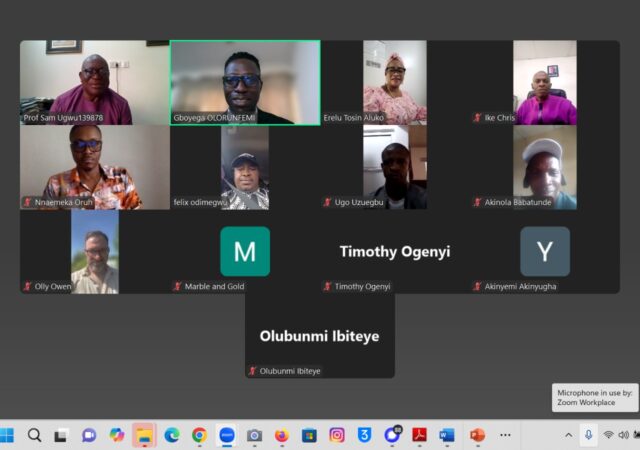- Sale should not be Elite Capture
By Jennifer Dike
Renowned petroleum economist, Professor Wumi Iledare, has cautioned against any hasty or sentiment-driven sale of Nigeria’s state-owned refineries, urging the federal government to adopt a strategic and transparent approach in line with the Petroleum Industry Act (PIA) 2021.
Prof. Iledare stressed that although NNPC Limited, now operating as a commercial entity under the PIA, possesses the legal right to dispose of its assets, the decision to sell the country’s refineries should be guided by long-term national interest rather than immediate gains.
“The Port Harcourt, Warri, and Kaduna refineries have consistently underperformed,” he acknowledged. “However, the core issue is not state ownership but inefficiency caused by poor governance and institutional weaknesses.”
Prof. Iledare argued that outright sale of these assets without addressing the underlying structural problems could lead to repeated failures and threaten Nigeria’s energy security. According to him, simply transferring ownership will not automatically resolve operational inefficiencies that have plagued the refineries for decades.
He warned that privatization, if deemed necessary, must not result in elite capture or the emergence of monopolies. Instead, he advocated for a transparent and competitive process designed to protect public interest and promote industry efficiency.
“A hybrid model—such as performance-based concessions, public-private partnerships, or equity restructuring—offers a more prudent alternative,” he suggested. “These models align with the commercial objectives of the PIA and ensure accountability and performance tracking.”
Prof. Iledare emphasized that selling refineries “merely for the sake of selling,” especially at a time when private sector refining capacity is rapidly expanding, could undermine the goals of deregulation and broader reforms in the downstream sector.
He further argued that refining operations must remain competitive, efficient, and value-driven to contribute effectively to national development.
“Our focus should not be on offloading assets but on unlocking value and repositioning Nigeria’s downstream petroleum sector for sustainable growth,” he stated.
In conclusion, Prof. Iledare called for a strategic, not symbolic, approach to any proposed sale, ensuring that decisions are made with foresight and a commitment to national benefit.
His remarks come amid ongoing discussions on the future of Nigeria’s refineries, which have suffered years of operational setbacks despite repeated turnaround maintenance efforts. Many stakeholders believe that reforming and optimizing these assets remains critical to achieving energy security and economic diversification goals.
Source: Newswire







